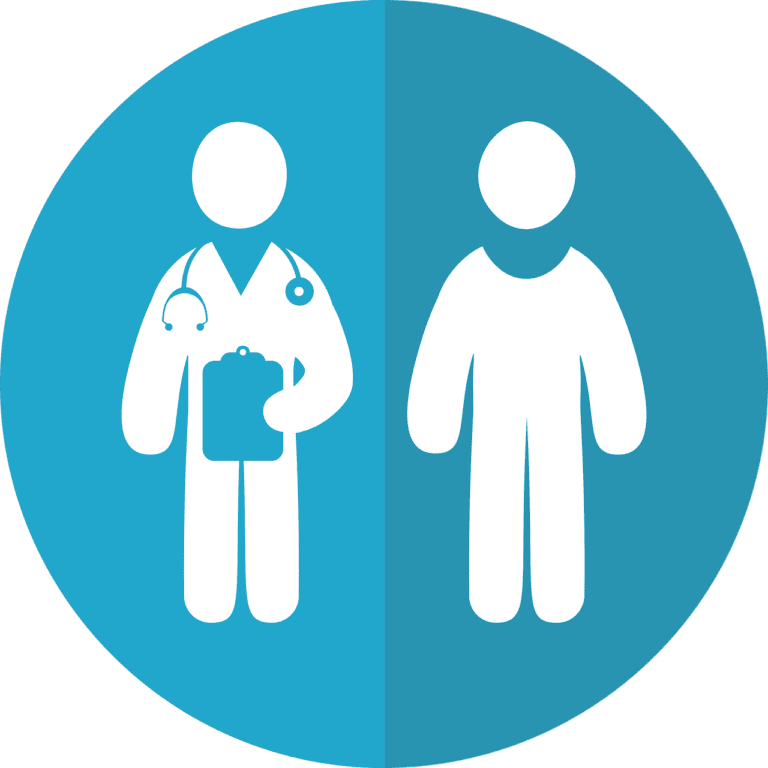According to a post from gaucherdisease.org, clinical trials are an essential component to the development and testing of new therapies for Gaucher disease and other rare diseases. For some rare disease patients, the number of approved treatments can be limited, and at times there are none at all. This makes clinical trials even more essential because sometimes they are the only option for a rare disease patient to receive treatment. Therefore, it is important for rare disease patients to understand how clinical trials works.
About Gaucher Disease
Gaucher disease is a genetic disorder which is most characterized by the abnormal buildup of the substance glucocerebroside in different areas of the body. This buildup can lead to a variety of symptoms. The disease is caused by a genetic abnormality affecting the GBA gene, which is responsible for the normal function of the enzyme that normally breaks down glucocerebroside. Symptoms of Gaucher disease include enlarged spleen and liver, discolored skin, anemia, increased risk of infection and bleeding, osteoporosis, reduce sense of smell, impaired cognition, severe joint and bone pain, muscle twitches, dementia or intellectual disability, apnea, and convulsions. Neurological symptoms vary depending on the type of disease present. Gaucher disease patients are also more likely to have Parkinson’s disease. Therapies for Gaucher include enzyme replacement therapy, Miglustat, and Eliglustat. To learn more about Gaucher disease, click here.
The cornerstone of Gaucher disease treatment is enzyme replacement therapy. In recent years, substrate reduction therapy has also undergone clinical testing for patients with type 3 Gaucher disease. In the future, there is a good chance that gene therapies for Gaucher will undergo trials as well.
What Are Clinical Trials?
Clinical trials are research studies that test experimental drugs on human subjects. If the results are favorable, the drug will be approved by the US Food and Drug Administration (FDA) for market use. Ideally, trials are designed in such a way that patient privacy and safety is taken into consideration and the impact of a treatment can be assessed effectively.
Trials are generally conducted in several phases.
Phase 1: These studies are usually focused on monitoring the safety and side effects of an experimental drug and can help inform proper dosing for future trials. In many cases, healthy volunteer subjects are used in the trials instead of patients.
Phase 2: These trials are generally of larger scale than Phase 1 and are more specifically focused on determining if a drug is effective in treating a certain disease.
Phase 3: These studies are usually of an even greater scale and may be international in scope. This trial is a final test of a drug’s safety and effectiveness, and success in a Phase 3 study typically results in the eventual approval of a drug by the FDA.
Phase 4: These are monitoring studies that are conducted after a drug has been approved that assesses its impact on diverse populations.
Most clinical trials are longitudinal studies. These evaluate a drug’s impact on a patient during a set period of time.
This information is only a brief introduction to the clinical trials process. Patients should conduct more research to find trials that may be relevant for them and to learn how to get involved.







